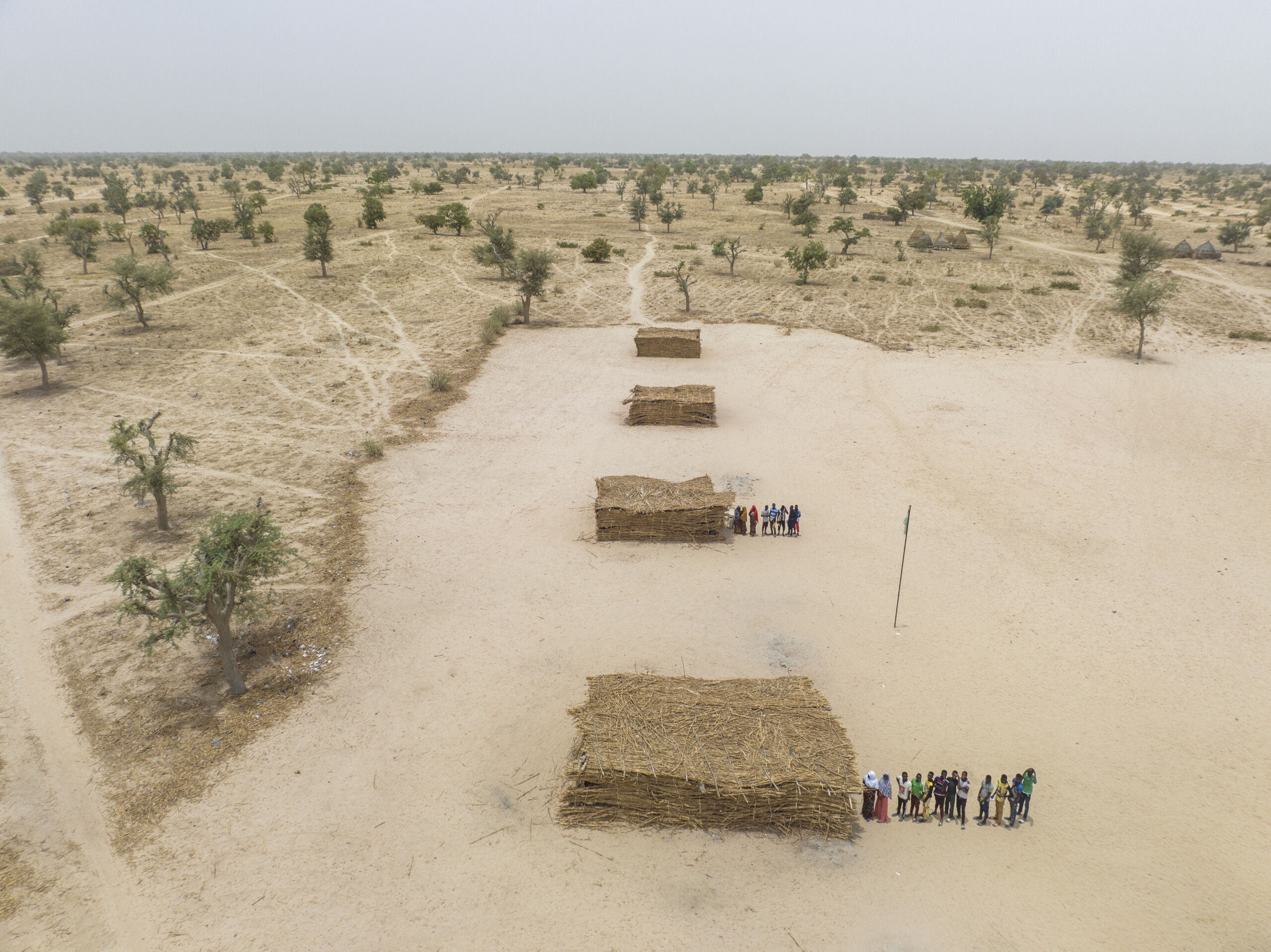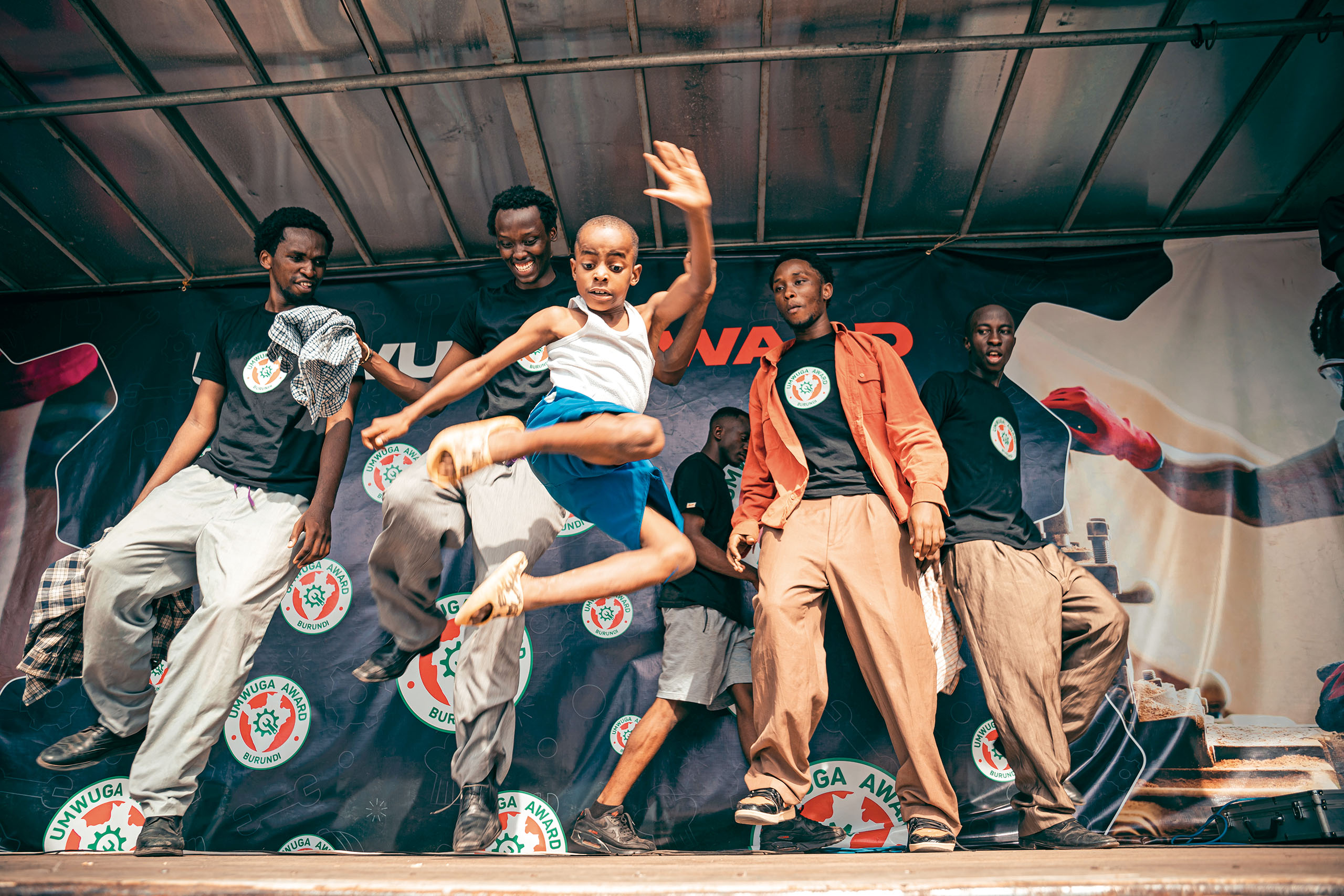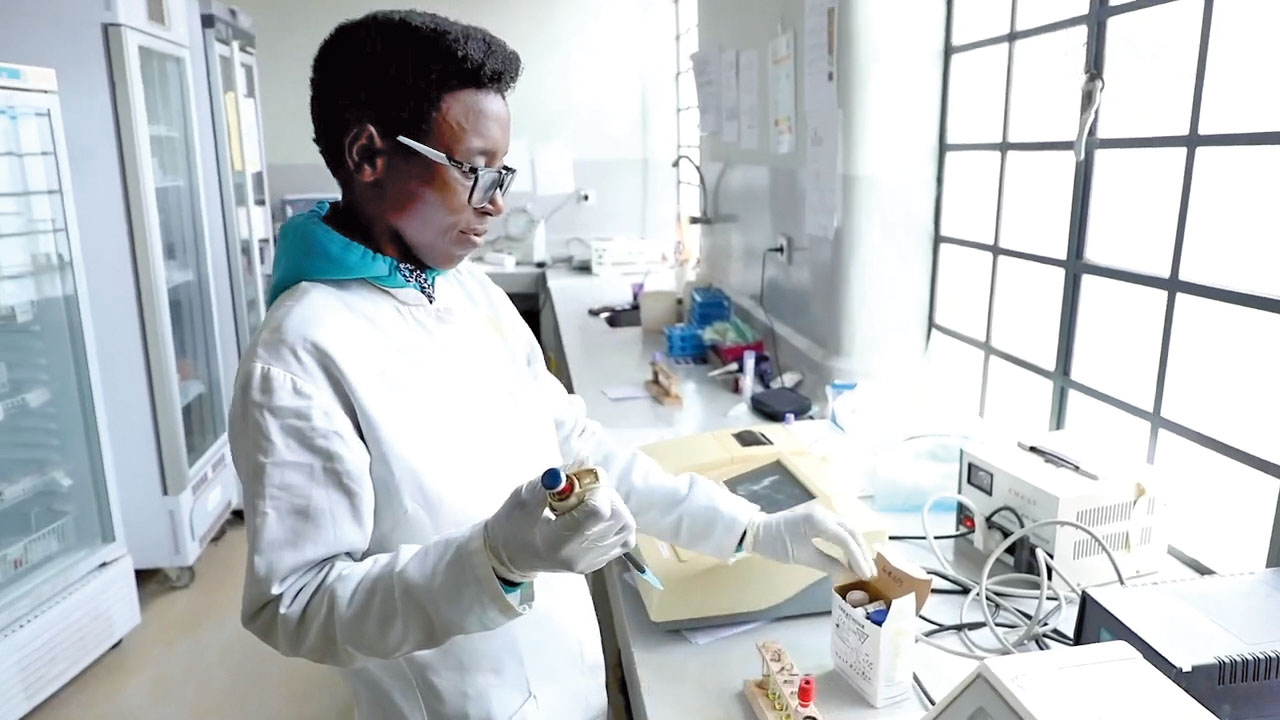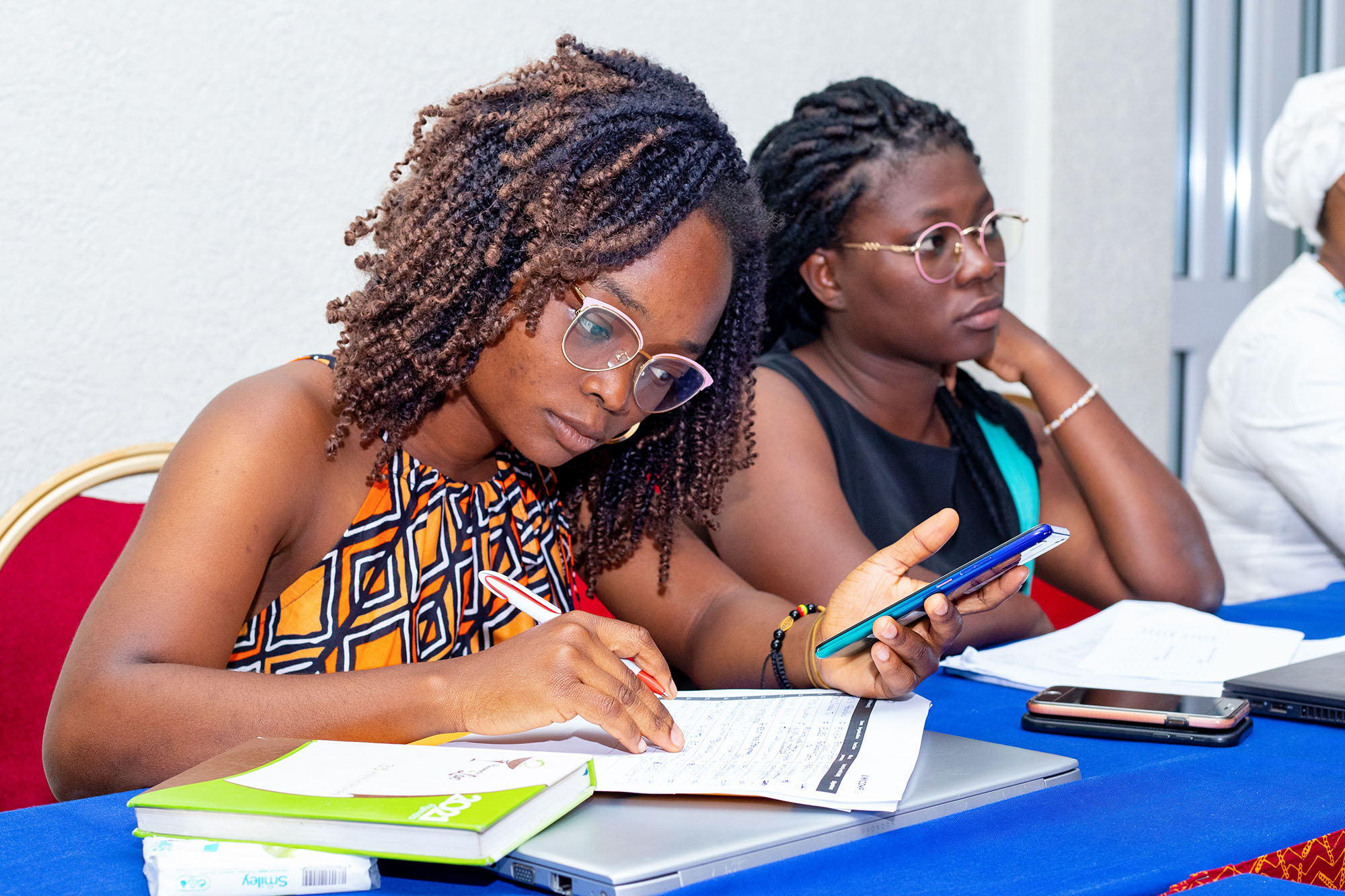News
12 February 2022
The road to work
How training and employment offers young Guineans new opportunities
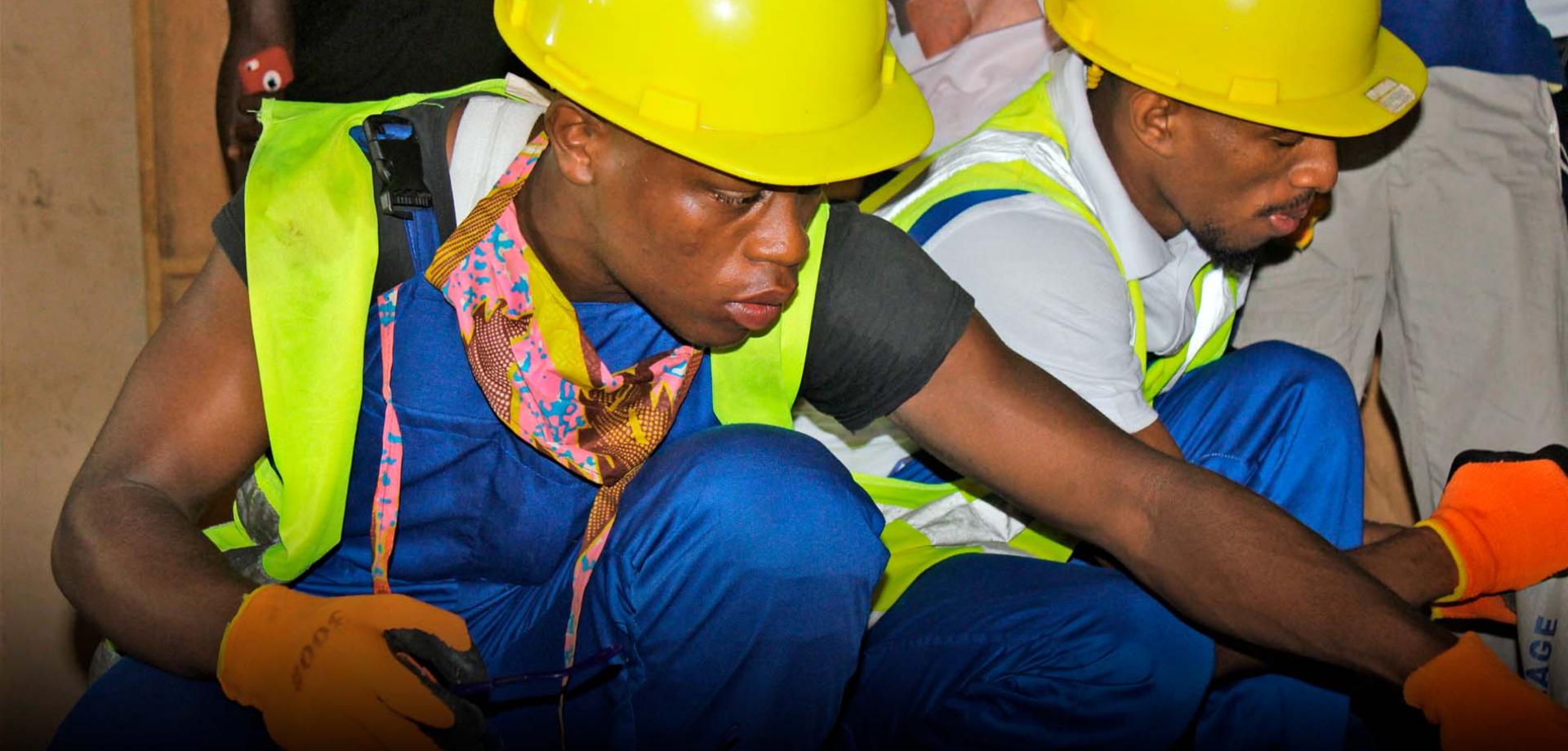
Human mobility is on the rise. People migrate, within their own country, to neighboring countries and sometimes to other continents. Social, political and economic reasons drive people away in search of a better life.
In Guinea, Enabel works with young unemployed Guineans and Guinean migrants who have returned to their homeland. Although some of them try to get to Europe, 75% of them prefer to migrate to neighbouring countries or the Maghreb. In neighbouring Senegal alone, there are about 3.5 million Guineans.
They left Guinea mainly for economic reasons but returned after an exhausting journey of months or years. Back home, they are completely broke, disillusioned and often ashamed that their journey did not have the outcome they had dreamed of.
A new start
The Belgian Development Cooperation wants to offer these young people a new start: they receive professional training and financial support to start their own business. This gives them renewed confidence in their own abilities: they learn to fend for themselves and are able to support their families financially.
With training that meets labour market needs, young people are less likely to leave in the hope of a better life and they can contribute to the economy of their own country. A better performing economy, in turn, will lead to better health care, infrastructure and education, and thus to a stronger and more future-oriented society.
In the course of five years, Enabel, along with the German development agency GIZ, the International Trade Centre ITC, the UN capital development fund UNCDF and the development programme of the United Nations UNDP, wants to put 15,000 people to work. The Belgian development agency focuses on low-skilled people between 18 and 35 years of age. 6,000 young people, of whom 2,000 are returning migrants, will receive comprehensive support during 9 months. About twenty training courses are offered, e.g. for plumbers, electricians or bricklayers. These technical training courses are first organised in companies (Work-Based Learning), before becoming full-fledged training courses. Literacy courses and financial training are also offered.
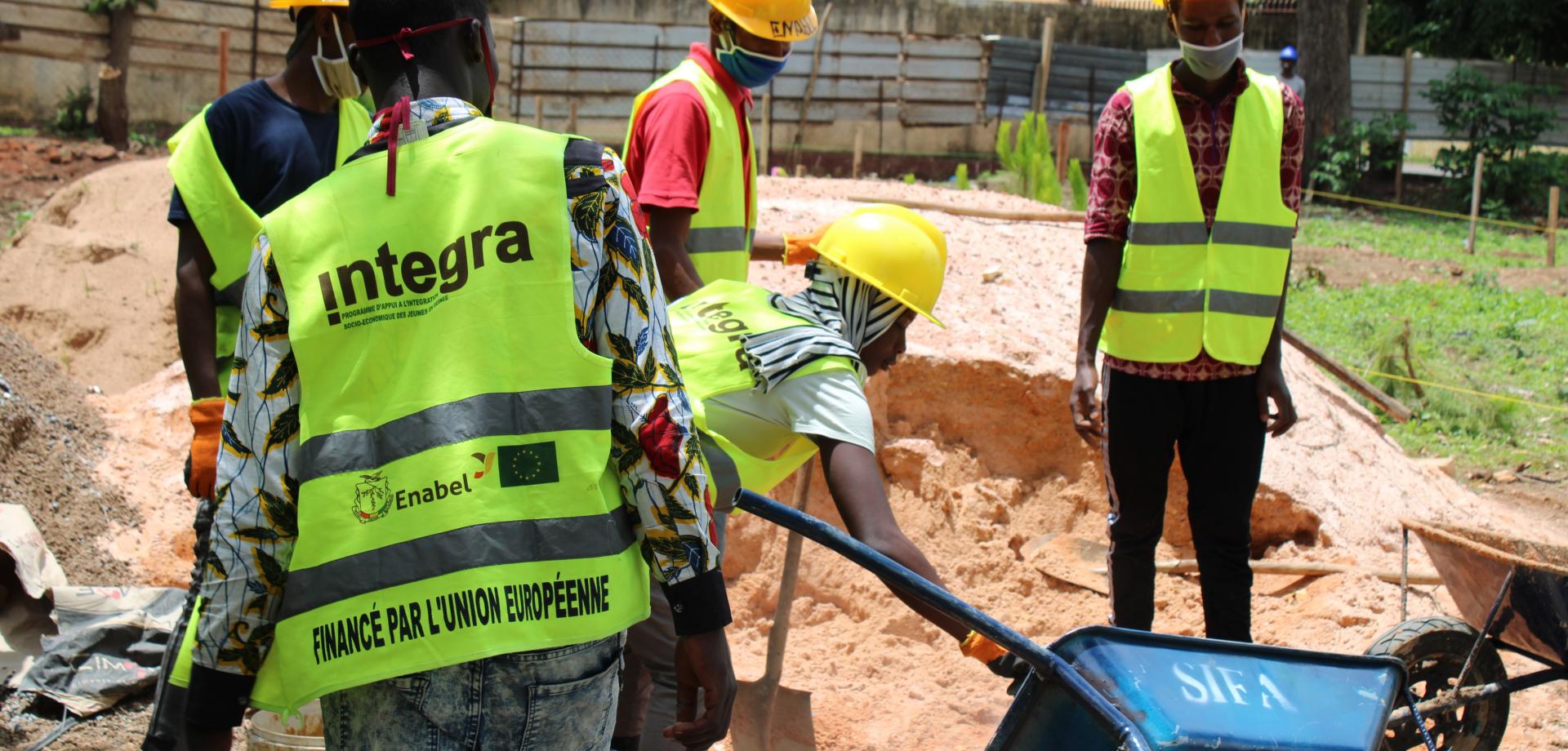
Returned Guineans speak out
“I decided to migrate because of the daily difficulties here in Guinea: I had no money and my relationship with my family was very strained. I travelled to Mali and then all the way through the desert to Algeria. I easily found work in a cement factory and stayed there for 8 months. The pay was very low, but I had no choice, and I accepted the job. I needed money to survive. My goal was to go to Europe; as a child I always wanted to go to Germany. But that dream collapsed when the Algerian authorities arrested me and sent me back to Niger. I was locked up for five months in a transit centre for illegal immigrants. I wanted to call my parents and ask them to send me money so that I could make another attempt to get to Europe, but I finally gave up and decided to come back to Guinea.
The training brought me to where I am today: I have a profession, and I already get small jobs here and there as a plumber. That makes me so proud! I can contribute to the family’s social security, and I feel that their opinion of me is changing. They now see that I am a young entrepreneur that the family can count on.”
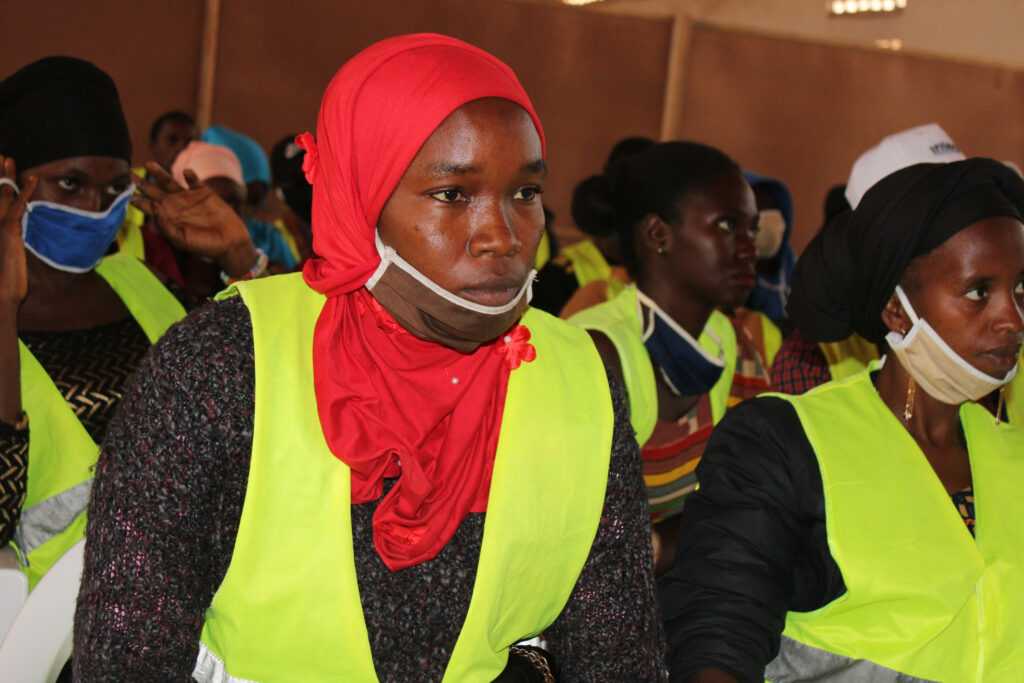
There we stayed for two days in a dark shed, without food. We waited for a car to take us to the capital Nouakchott. Once there, new challenges awaited me: I did not understand a word of Arabic, which made my integration very difficult. The first year, I hardly ever left the house. I trained as a hairdresser and then as a seamstress, and found work in a sewing workshop. But after seven years, I missed my mother too much and wanted to return to my homeland to see my family again.
Back home, I enrolled in Enabel’s training programme. I saw many other women participating and thought it would be a good way to find work here and work at my future. I followed literacy classes and training to become a glazier. I hope very much to start my own business in the future because it allows me to be independent and to take care of my three children.”
Key numbers of the project
- Young people aged between 18 and 35
- Unemployed young people with little or no vocational training
- Returning migrants
- Learner status for 9 months (work experience contract)
- A daily salary
- Opening of an account to save money
- Orientation towards a promising profession (individual interview)
- Training leading to qualifications for 3 to 6 months depending on the trade
- Training on site for 3 to 6 months
- Basic financial education to become self-employed
- The possibility of obtaining a microcredit to start an activity
- The possibility of internships with participating companies
